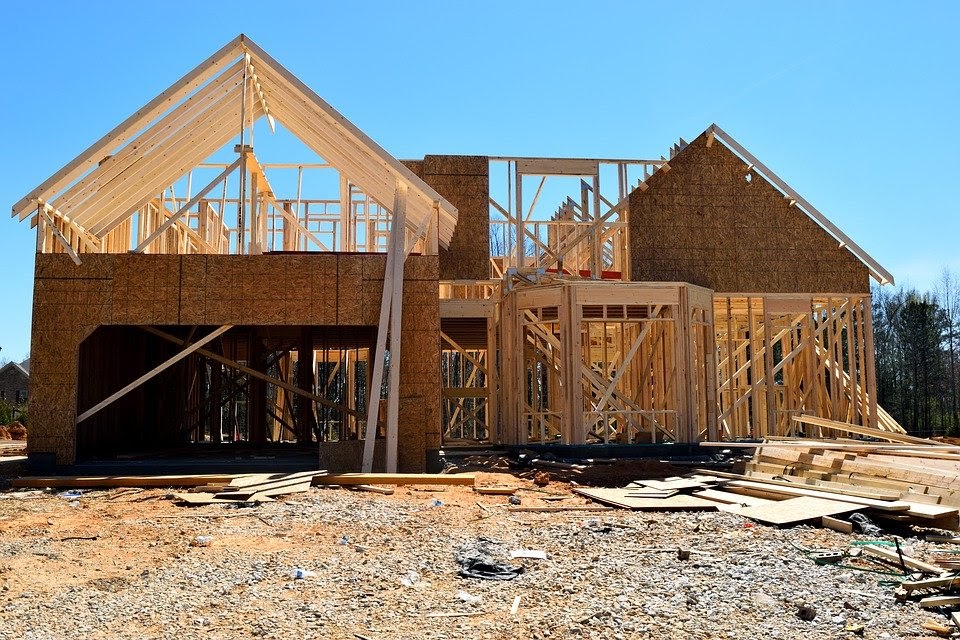What are the Necessary Licencing and Insurance Requirements for New Home Construction?
New home construction has several licencing and insurance requirements that must be satisfied before any work takes place.
Most of these requirements are based on state and local regulations, but you will find them to be remarkably similar throughout Australia.
The residential construction process can get complicated. No one expects an investor or property owner to understand the legalities of building a home in a particular Australian location.
It is in your best interests to partner with a professional corporate and commercial law firm, such as Morrissey Law.
They can ensure that all the required insurance and licenses are obtained, and all the necessary steps are taken before construction begins.
Below are the top seven necessary licenses and insurance policies needed when building a new home in Australia.
The list will offer you some idea of what to expect as you plan to build your new home.
1) Contractor Licence
The construction industry is notorious for having shady contractors and businesspeople. Many of them are untrained, inexperienced, and unlicenced.
Most property owners do not request to see a contractor’s credentials, which is a big mistake. A contractor licence is required whenever someone advertises their residential construction services and contracts or subcontracts the work involved.
If a contractor possesses a licence, it proves they have the training and experience to provide a quality construction service to their clients.
Before you hire an individual on a residential construction contract, make sure you verify their credentials first.
Ask to see their contractor licence so that you know they are a legitimate professional. It will protect you both financially and legally.
2) Home Warranty Insurance
Home warranty insurance is different from homeowner’s insurance. It is an insurance policy that protects the property owner if their contractor delivers incomplete or poor-quality work.
The contractor carries the home warranty insurance policy, not the homeowner. You can never be too careful with contractors.
Even if you think you have chosen a reputable contracting company, it never hurts to have added protection.
A home warranty insurance policy will provide compensation for an unfulfilled construction contract. Make sure this policy is included with the contract.
3) Building Practitioner Licence
The primary supervisor of your residential construction project should have a practitioner licence.
It is an upgrade from the standard building contractor licence. A practitioner licence authorizes a contractor to be nominated as the supervisor of other building contractors.
Every construction site has at least one supervisor. They oversee the work and manage all the other contractors to ensure they are doing a good job.
4) Building Contractor Licence
A building contractor licence is different from a general contracting licence. A general contractor typically manages other subcontractors on a residential construction project.
The building contractor is authorized to do the actual work themselves. All of the actual construction workers must possess a building contractor licence. It includes workers who do repairs, remodeling, and improvement work too.
5) Employer’s Liability Insurance
Accidents can happen on a residential construction site. Sometimes the workers put themselves in dangerous situations where an accident can occur.
If a worker gets injured, they could seek compensation from their employer or the property owner.
Employer’s liability insurance protects all parties involved if a worker injures themselves on a construction site.
Your contracting company must have this insurance policy active before any work begins.
6) Public Liability Insurance
Workers are not the only entities who could get injured on a residential construction site. Third-party individuals passing by the site could also get injured.
What happens if a slate piece from the roof were to fall on someone’s head? They would file a lawsuit for sure.
Public liability insurance offers protection to the property owner and contracting company if a third-party individual gets injured from the construction activities.
7) Contractors’ All-Risk Insurance Coverage
Most contractors fail to purchase this insurance coverage protection. However, it is essential coverage because it protects against property damage and theft on the construction site.
For instance, if someone steals or vandalizes the contractor’s construction equipment on the site, this insurance coverage will compensate the contractor for it.
The same applies if someone damages the structure before the home is finished getting built.

